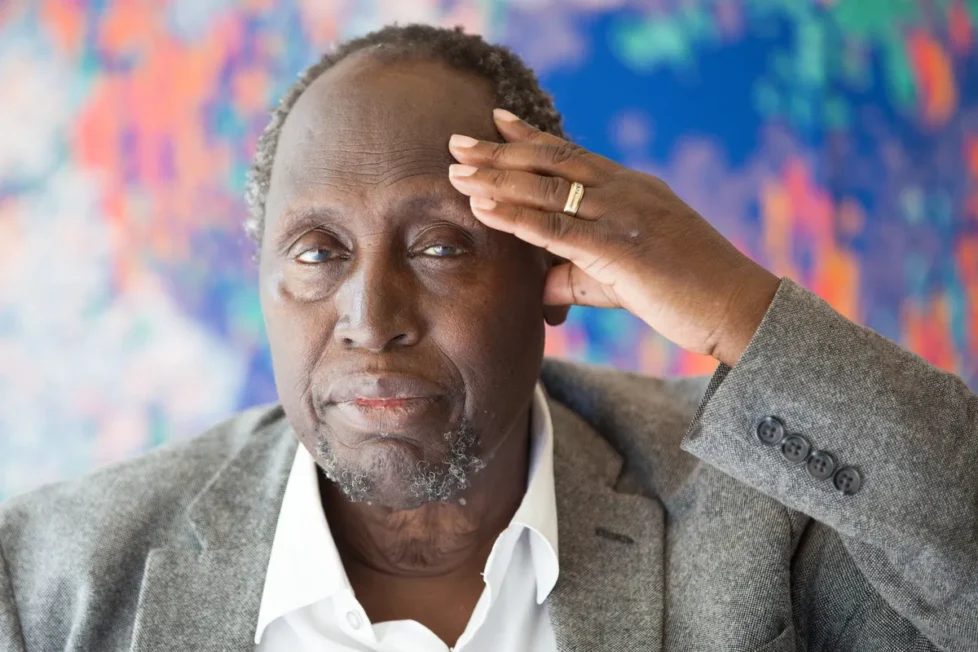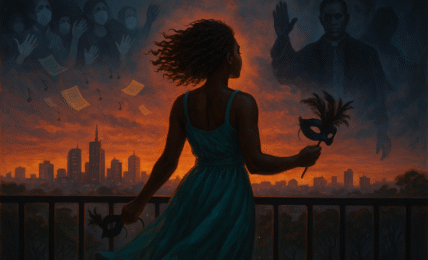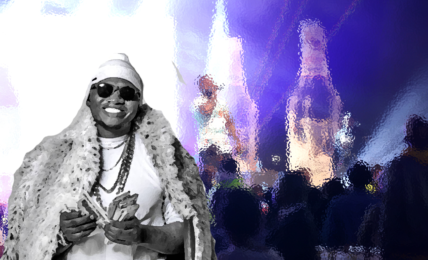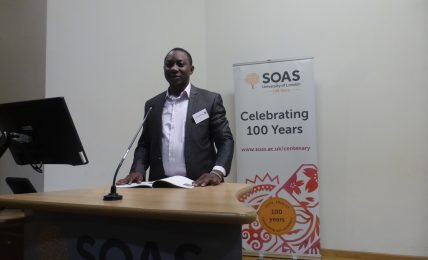Response to Henry Indangasi: Why Ngũgĩ wa Thiong’o Would Never Plagiarize Joseph Conrad
To accuse Ngũgĩ wa Thiong’o of plagiarizing Joseph Conrad is not merely an error in literary judgment—it is a deep affront to both moral clarity and historical truth.








